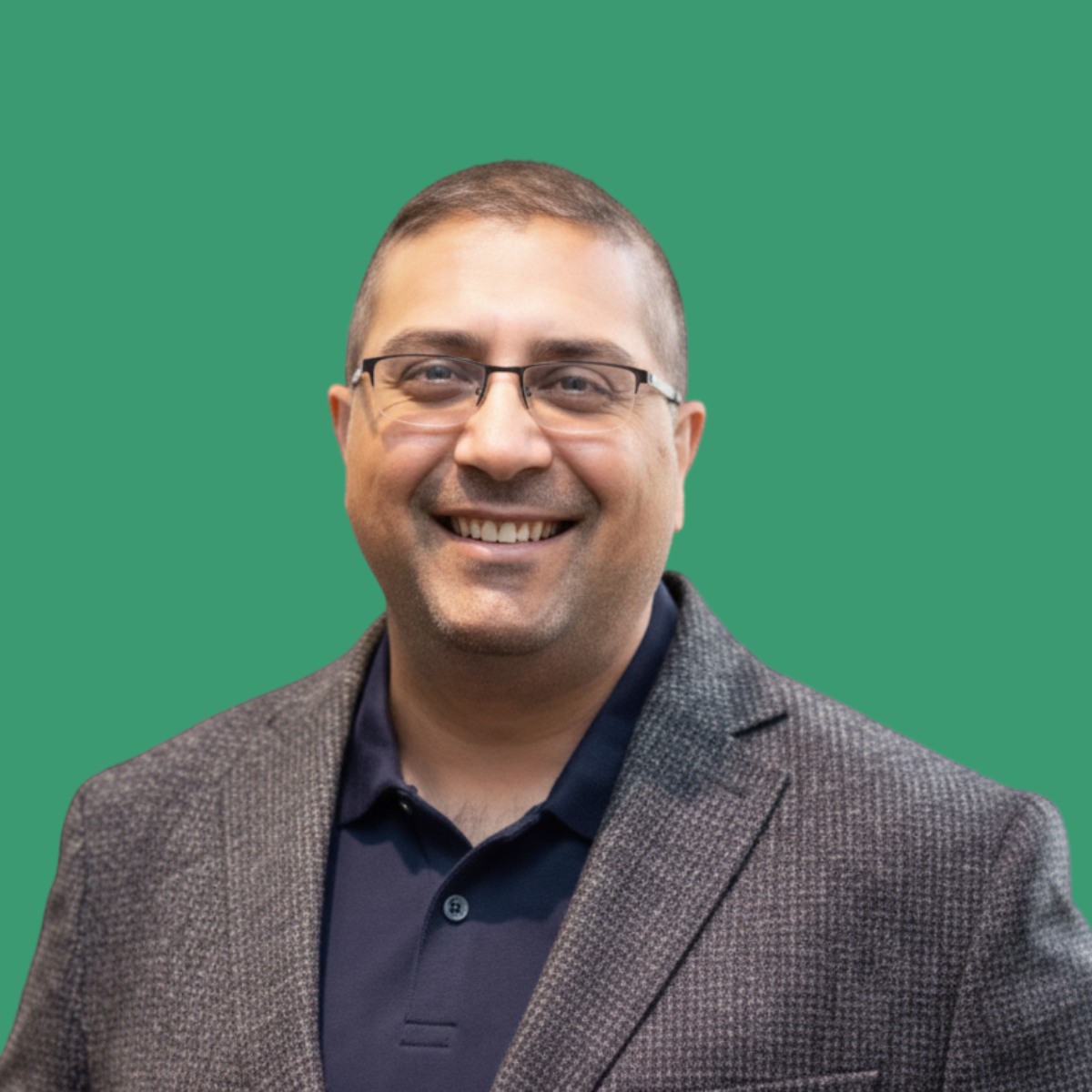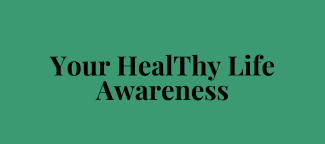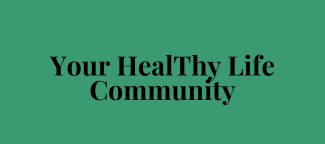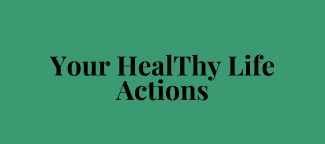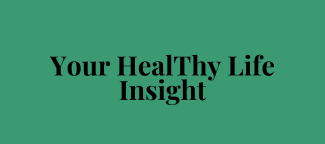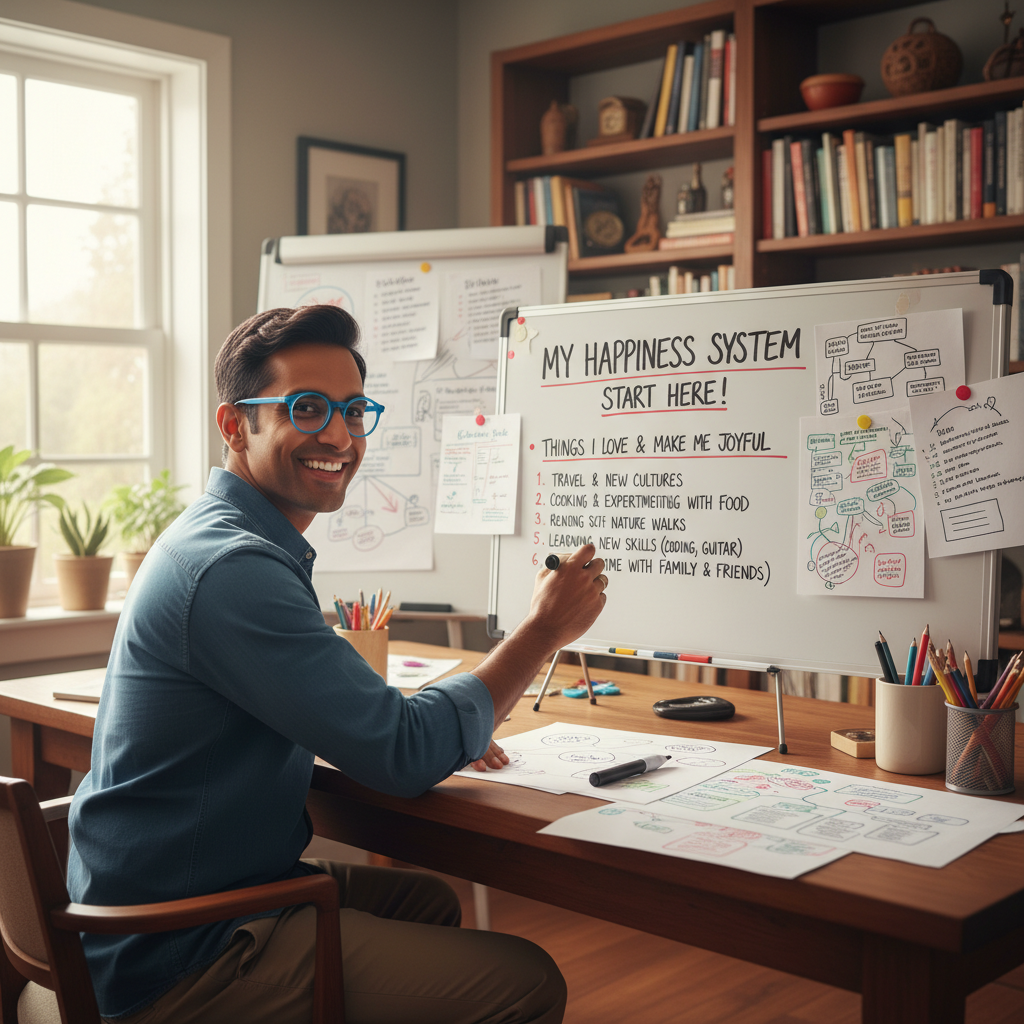
Most people do not realise that type 2 diabetes rarely arrives with a shout. It usually enters quietly. It creeps in through the side door while life is busy, work is chaotic, sleep is short, and stress seems normal. The body whispers first. Then it nudges. Only later does it roar.
This first newsletter is about those whispers. The early signs that almost everyone misses. The symptoms that feel like nothing serious, but are actually your body saying, slow down and listen.
If you recognise any of what I describe here, do not panic. Use it as information. Use it as insight. Use it as your own wake up call.
I missed the early signs myself. I ignored them for months. By the time I paid attention, I had already ended up in a hospital bed on my 40th birthday with blood sugar levels four times higher than the healthy range.
Looking back now, I can clearly see the trail of clues. At the time, I brushed them aside. I did what almost everyone does. I blamed work. I blamed long days. I blamed stress. I blamed ageing. I blamed everything except the truth.
And here is the truth. The body always tells the story long before the diagnosis does.
The first signs I ignored
This part is straight from the book. In Chapter 1, I wrote:
“The whispers of illness are easy to ignore, until they become a roar.”
That was me. Completely unaware of what was happening inside. I was just living life. Working late nights. Travelling. Eating whatever I wanted. Trying to be a present father while juggling stress. I thought I was just tired. But the signs were piling up.
The first one was thirst. Not normal thirst. Not the kind you get after a workout. This was constant. Dry mouth. Endless water bottles. Night waking. At the time I said, “must be dehydration.” But no amount of water made it better.
Then came blurred vision. Again, I blamed screen time. I blamed bad lighting. I blamed tired eyes. I told myself it would pass. It did not.
Then came cravings. Intense ones. Not a simple sweet tooth, but a real urge, almost like my body was begging for energy it could not use properly. Back then I had no idea this was a red flag for insulin resistance, which is the underlying cause of type 2 diabetes long before diagnosis.
I also felt exhausted. Not tired. Exhausted. The kind of exhaustion that makes getting off the sofa feel like climbing a hill. Again, I blamed life, because life was busy.
If you have felt any of these, they do not automatically mean diabetes. But they do mean your body is struggling to regulate energy the way it wants to.
Why these signs matter
Let me keep this explanation simple and straight from the science.
When you eat food, especially carbohydrates, your body breaks it down into glucose. Insulin is the hormone that lets glucose into your cells. When your cells stop responding properly, your pancreas pumps out more insulin to compensate.
This is called insulin resistance.
Insulin resistance is happening years before your blood sugar shows a problem on a test.
And this is the important part. Most of the early symptoms of type 2 diabetes are actually symptoms of insulin resistance.
Not high blood sugar.
Not diabetes.
Insulin resistance.
That is why so many people miss the early stage. The damage builds slowly. The signals are quiet. The lifestyle feels normal. The body adapts until it cannot.
The signs appear one by one. Thirst. Tiredness. Headaches. Foggy vision. Cravings. Hunger shortly after eating. Mood swings. Weight creeping up even when food hasn’t changed.
And the biggest one of all.
Feeling tired all the time but saying “I am fine.”
People do not go to the doctor because they feel thirsty. Or tired. Or hungry. Or because their eyes go blurry after a long day. But those symptoms often show up years before a formal diagnosis.
The moment everything clicked
The moment it hit me was in Iceland. I wrote about this in the book because it is one of the memories that still stings.
I flew to see the Northern Lights. A bucket list moment. A once in a lifetime sky. People around me were gasping. They were taking photos. They were whispering “look at that.”
And I could barely see it. My vision had become so foggy that the sky looked muted. The colours were gone. The magic was invisible.
That is the moment I realised something was wrong.
One week later, the same thing happened in Oman during a blood red moon. Another moment where nature was trying to show me something. My body blocked it out. I could not see what everyone else was seeing.
Losing those moments hurt more than any diagnosis. They were the emotional punch I needed. The realisation that I was losing more than health. I was losing life.
What I did not know then was that blurred vision is one of the earliest signs of uncontrolled blood sugar. It doesn’t wait for diagnosis. It starts much earlier.
What the research says
The science is clear. In the DiRECT Trial published in The Lancet, researchers found that type 2 diabetes develops slowly, often over 7 to 10 years before the diagnosis appears. Insulin resistance builds long before fasting glucose rises.
Studies in the American Journal of Clinical Nutrition show that people can have normal BMI and still develop insulin resistance and impaired glucose handling.
A 2021 study in the European Journal of Nutrition showed that even mild dehydration can worsen fasting glucose. That explains the thirst.
Research published in Front Endocrinology shows that chronic stress raises cortisol, which raises blood sugar even when you haven’t eaten. That explains the fatigue and cravings.
And Diabetes Care published findings that even 10 minutes of walking after meals reduces glucose spikes by up to 30 percent. That explains why small lifestyle changes make such a big difference early on.
Your symptoms are never random. They always point to something.
Why most people brush it off
Here is what I see with clients and what I lived myself.
People say:
“It is just age.”
“It is because I have been busy.”
“It is stress.”
“I just need a holiday.”
“I have always been tired.”
“I need to drink more water.”
But the real reason is far simpler. The body is overloaded. Too much sugar, too many refined carbs, too much stress, not enough movement, and not enough sleep.
This is how modern life works against biology.
The difference between early intervention and waiting
Here is the part that shocks people.
If you catch these whispers early and make changes immediately, the chance of reversal is extremely high.
That is not my opinion. That is what the DiRECT Trial showed. That is what research from NEJM showed. That is what every long term study on remission shows.
But if you wait too long, and if high blood sugar continues for years, the pancreas gets tired. The beta cells stop working properly. And remission becomes harder.
Not impossible.
But harder.
Most people wait until the numbers go up and the doctor says “we need to start medication.” And by then, the whispers have already become shouts.
What I want for you is the exact opposite. I want you to act early, act decisively, and avoid the pain I went through.
What you can do this week to catch early signs
Here are three simple actions that give you immediate clarity.
1. Track how you feel after meals for seven days
Not your glucose. Not your calories.
Just your physical signals.
Write down:
• Did I feel sleepy after eating
• Did I crave something sweet
• Did my energy drop suddenly
• Did I feel thirsty
• Did I feel bloated
• Did I get hungry too fast
• Did I get irritable
If two or more of these appear regularly, it suggests your body is struggling with carbohydrate load.
2. Take a slow 10 minute walk after your heaviest meal
If you feel noticeably better doing this, it suggests your body benefits from improved glucose uptake.
This is a positive sign. Not a bad one. It means your body responds well to small changes.
3. Audit your evening eating
If you eat within three hours of sleep, especially carbs, you are almost guaranteed higher fasting glucose the next morning.
Try one week of earlier dinners and see how your energy changes.
This is not guesswork. It is physiology.
Even healthy people show higher glucose when they sleep after eating late.
What I wish someone had told me before I got diagnosed
If someone had told me this one sentence a year before diagnosis, I would have avoided so much pain:
“Your symptoms are not random. They are data.”
Everything your body does is feedback. Every signal means something. You do not need to be afraid of it. You just need to listen to it.
And this is the part where most people need help.
Not with the facts.
Not with the data.
Not with the diet.
They need help interpreting the information.
They need help creating the plan.
They need help staying consistent.
They need help designing the habits and routines that actually work in real life.
This is exactly why I coach people 1 to 1. Because information is not the hard part. Implementation is.
If this feels familiar
If any part of this newsletter made you pause, I want you to take that pause seriously. Not in fear, but in awareness. This is exactly where my coaching clients begin.
We start with clarity.
We look at your lifestyle.
We study your symptoms.
We build the structure.
We fix your routines.
We protect your energy.
And we design a plan that works with your life instead of fighting against it.
You do not need another strict diet.
You do not need another confusing list of foods.
You do not need to live in fear.
You need the right system for your biology.
Your next step
If you want my support, book a call with me. This is the call that people usually say, I wish I had done this months earlier.
This is where we look at your situation with calm clarity. We look at your symptoms, your routines, your habits, your stress, and your goals. Then I tell you exactly what plan I would build for you if you were starting today.
No pressure.
No judgement.
Just a real conversation that could change the direction of your health.
👉 Book a call and let’s build your HealThy Life together.
